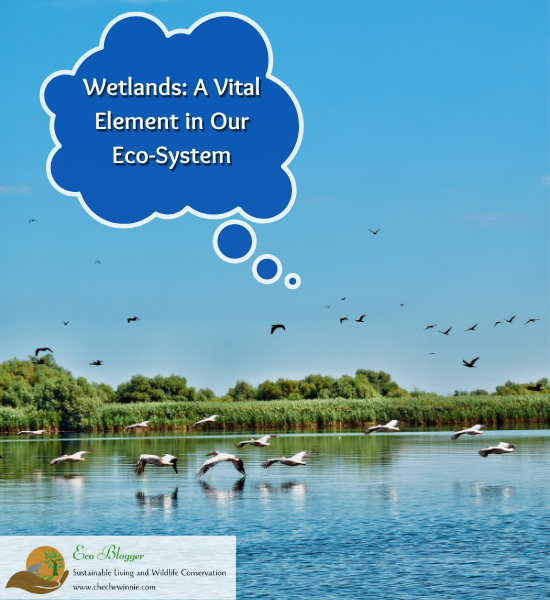Role of Wetlands in Maintaining a Healthy Ecosystem
Wetlands are considered one of the most biologically diverse ecosystems on the planet. These areas, which include marshes, swamps, and bogs, play a crucial role in maintaining the delicate balance of our environment.
Despite their importance, wetlands are often viewed as wastelands and are drained or filled in for human development. However, the true value of wetlands lies in the ecological services they provide, and the negative impact of their destruction is only now being fully understood.
Filtering pollutants and excess nutrients
Wetlands act as a sponge, filtering pollutants and excess nutrients from the water that runs through them. This helps to maintain water quality, both in surface waters and groundwater and reduces the impact of pollutants on human health and the environment.
Wetlands are also important for flood control, slowing down the flow of water during heavy rains and preventing downstream flooding. In addition, they provide important habitats for wildlife, including migratory birds and aquatic species, and support biodiversity by providing a variety of habitats for different species.
Threats to Wetlands Worldwide
Despite their many benefits, wetlands are under threat worldwide. In Kenya, wetlands have been drained, filled or converted to other uses, resulting in a loss of critical habitats and ecosystem services.
According to the Kenya Wetlands Forum, an estimated 90% of Kenya’s wetlands have been degraded, with only 10% remaining in good condition. This has had a significant impact on the country’s water resources, with increased water scarcity and declining water quality in many areas.
However, there is hope for Kenya’s wetlands. The country has taken steps to protect and restore these critical ecosystems, including the creation of the Wetlands Management and Conservation Strategy. This strategy outlines the measures needed to protect and restore wetlands and recognizes the important role that wetlands play in maintaining the health of the country’s ecosystems.
The government of Kenya is also working with NGOs and communities to raise awareness of the importance of wetlands and to promote their sustainable use.
Protect and restore wetlands for a healthy planet and future
In conclusion, wetlands are essential for the health of our planet and our communities. They provide a range of important ecological services, and their destruction has far-reaching consequences for both the environment and human health. It is crucial that we take action to protect and restore wetlands, both in Kenya and globally, to ensure that future generations can enjoy the benefits they provide.
Wetlands: The Heart of Our Ecosystem
So, let’s join hands and take the initiative to protect and conserve our wetlands because a healthy planet is a healthy future!

